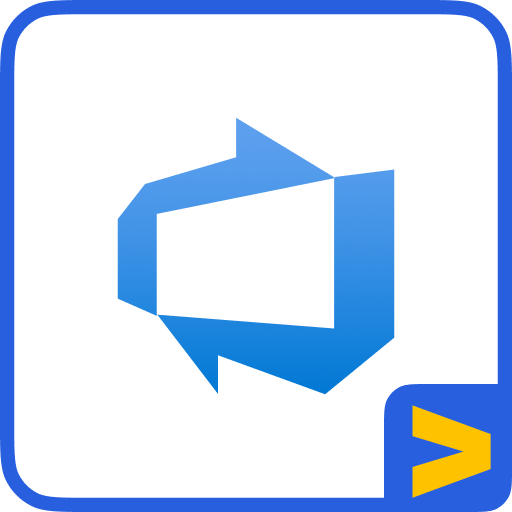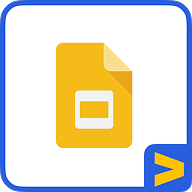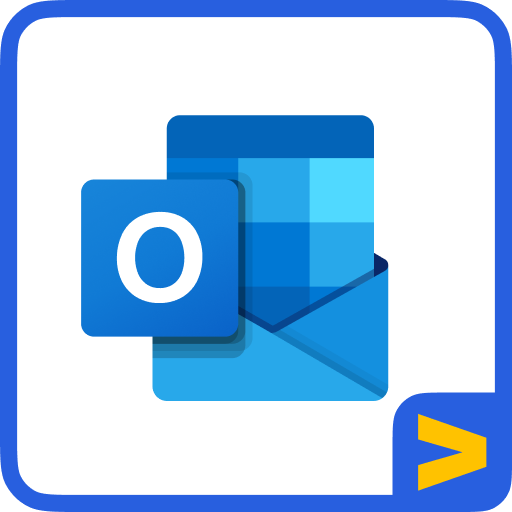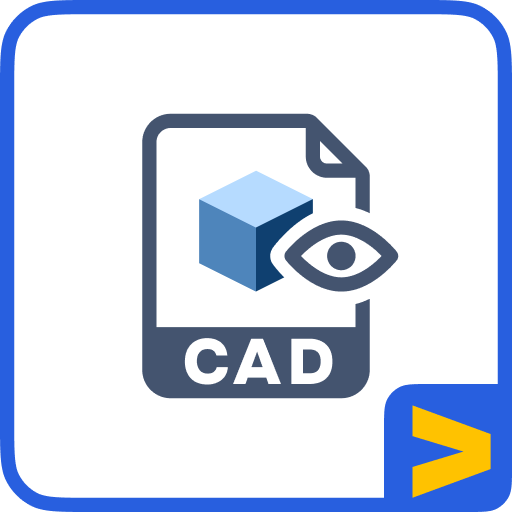Jenkins and Azure DevOps Post Webhooks for Bitbucket
Our integration between Bitbucket and Jenkins enables Jenkins to trigger jobs, which streamlines continuous integration and team productivity. This integration also supports Azure DevOps Pipelines.














































































